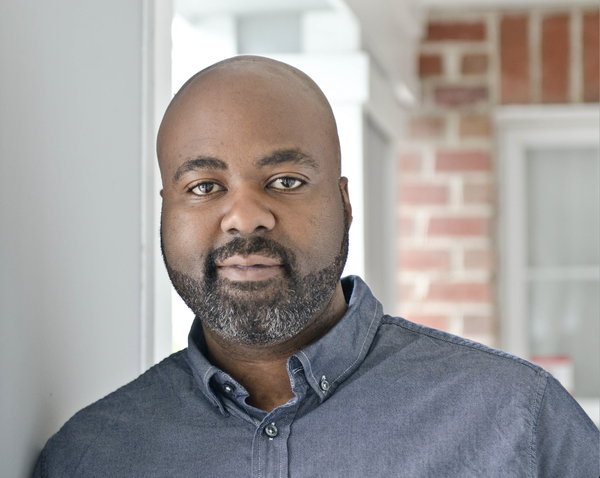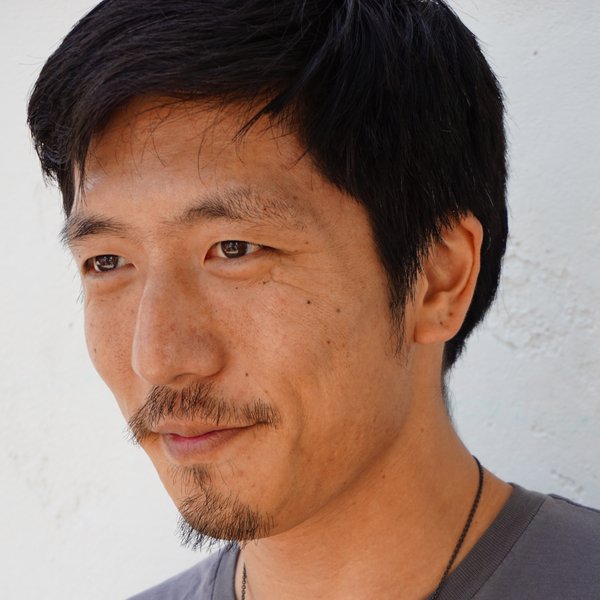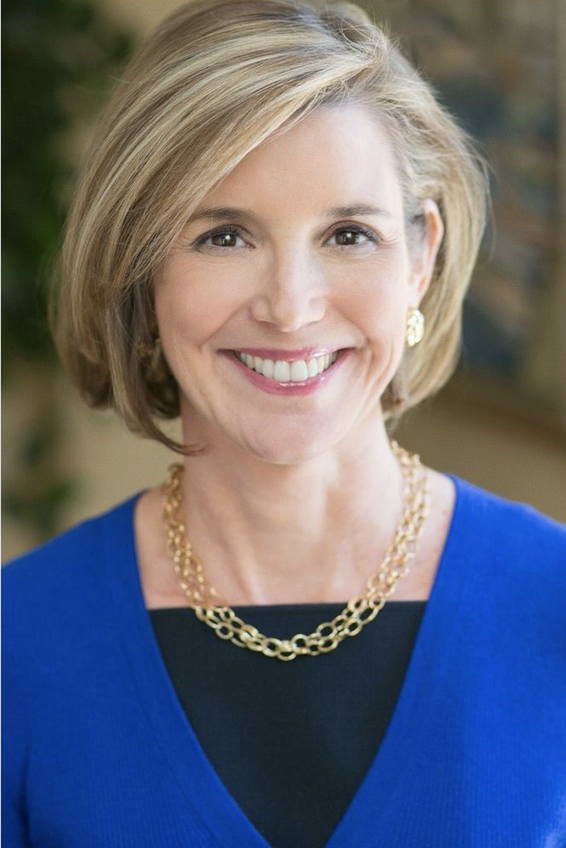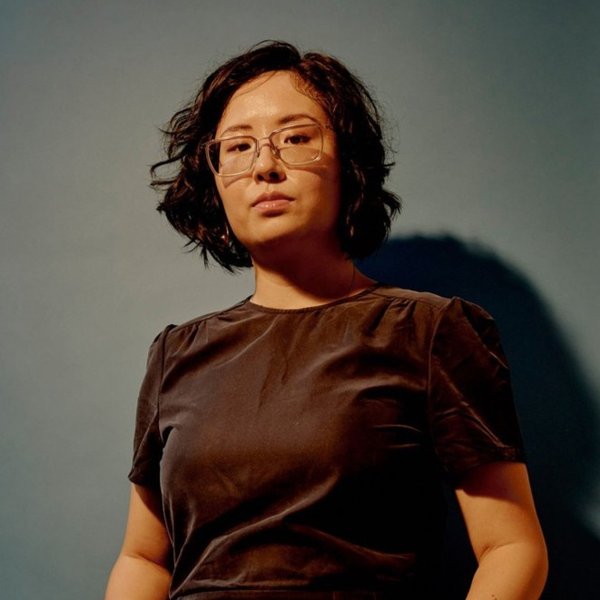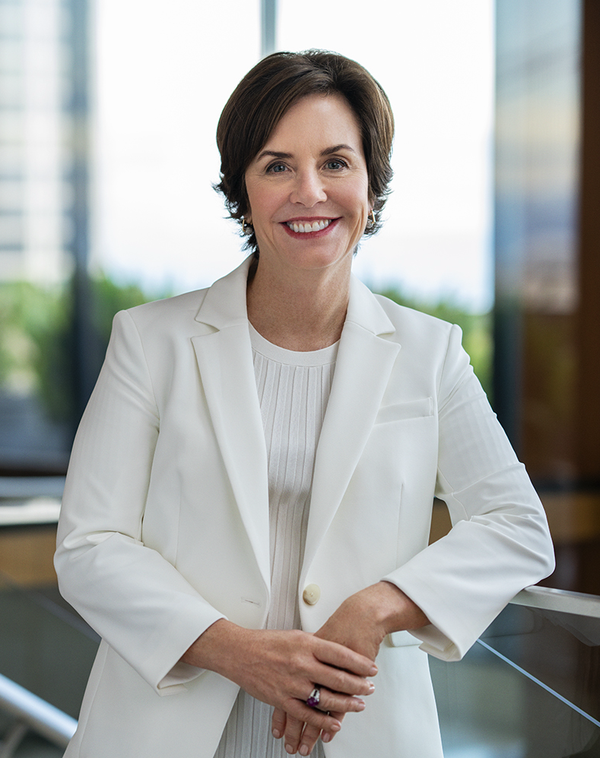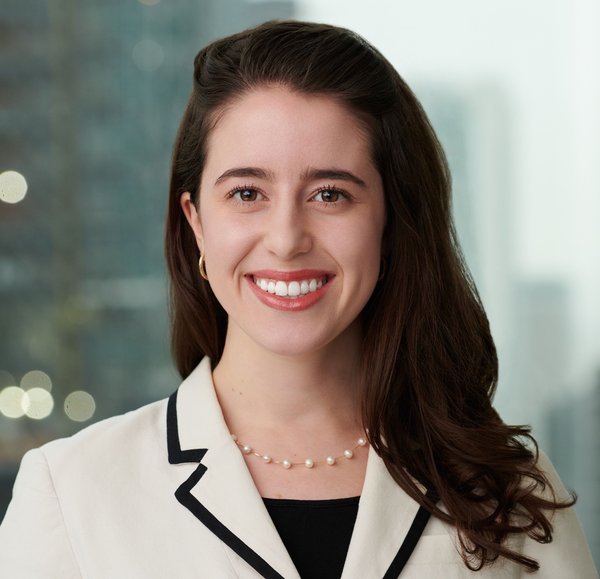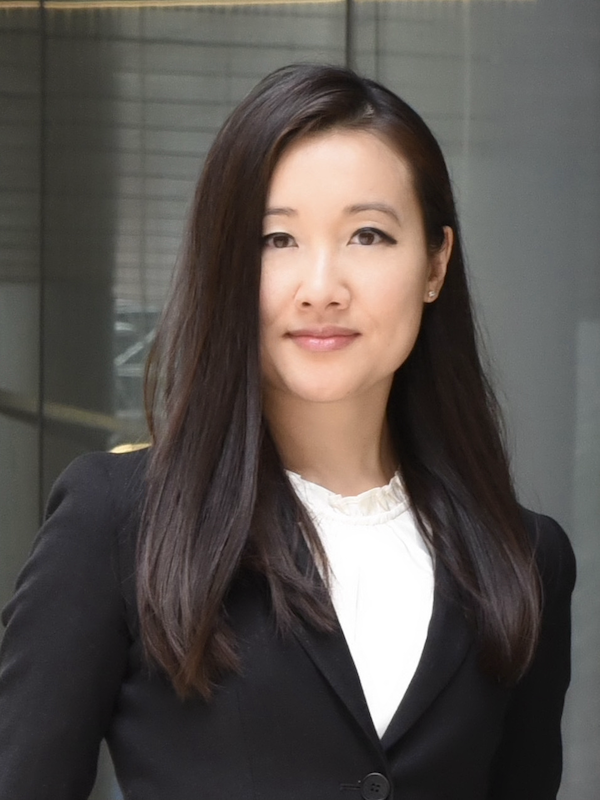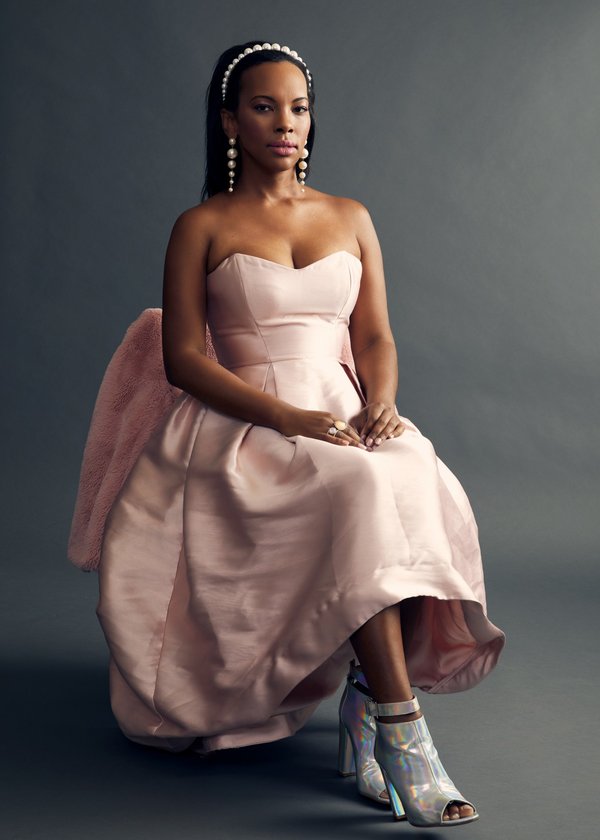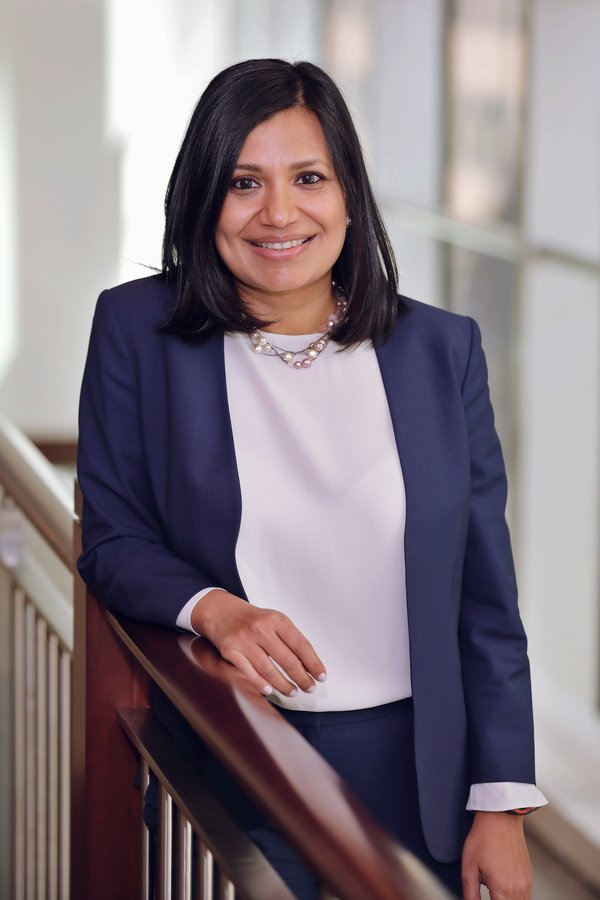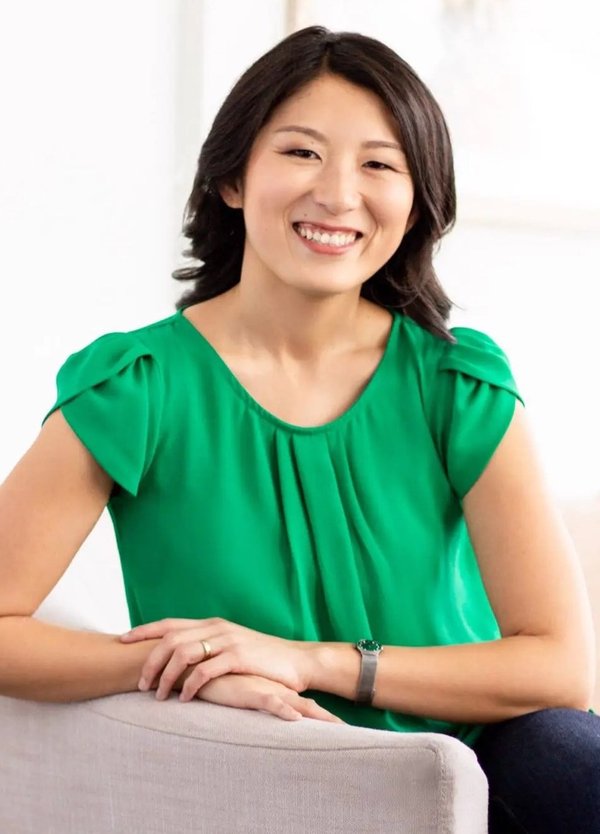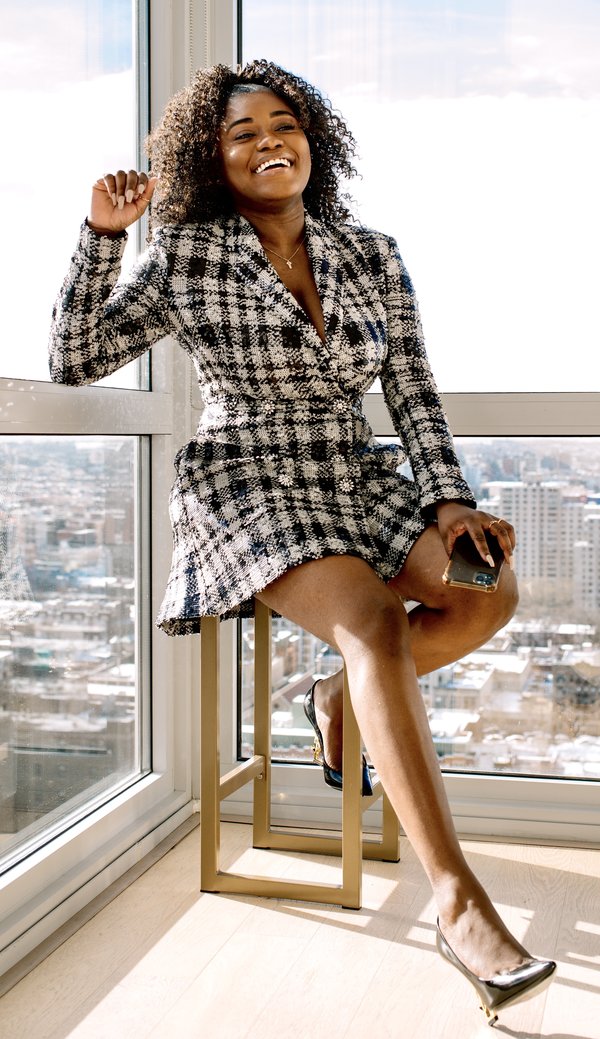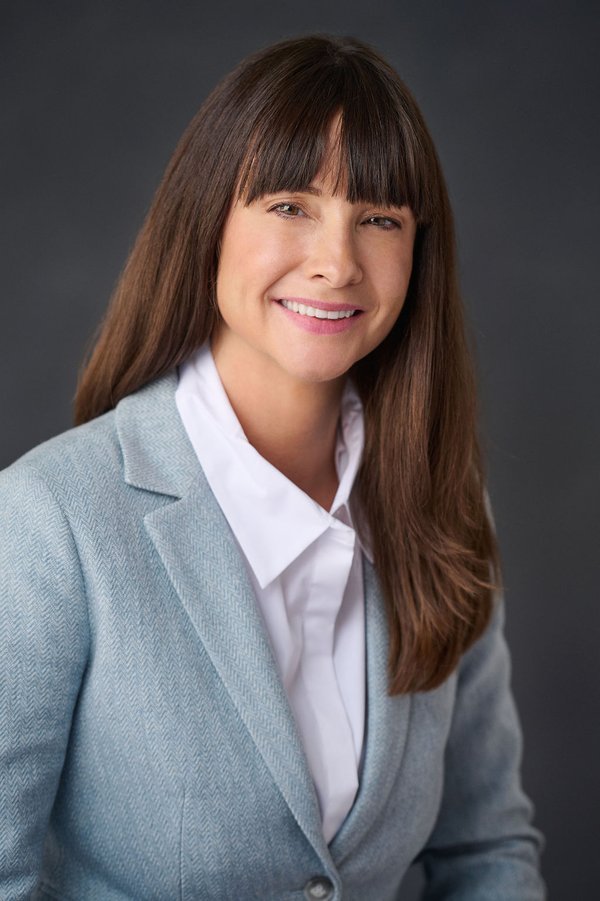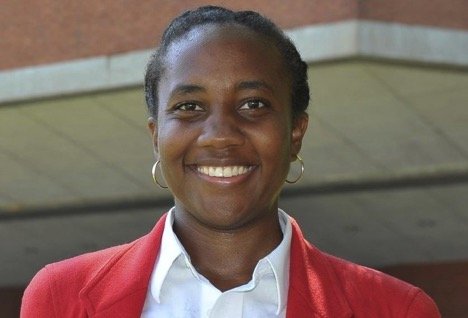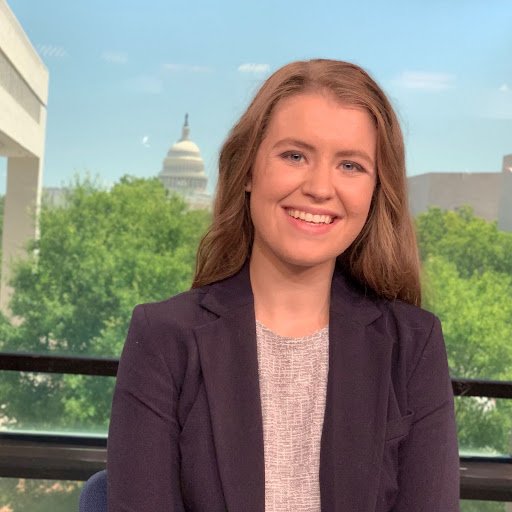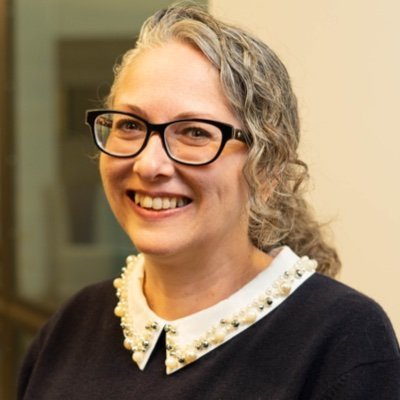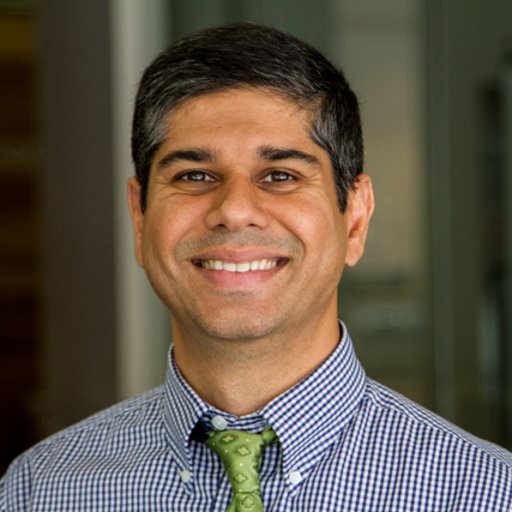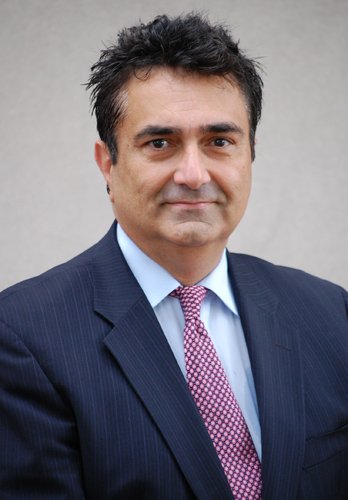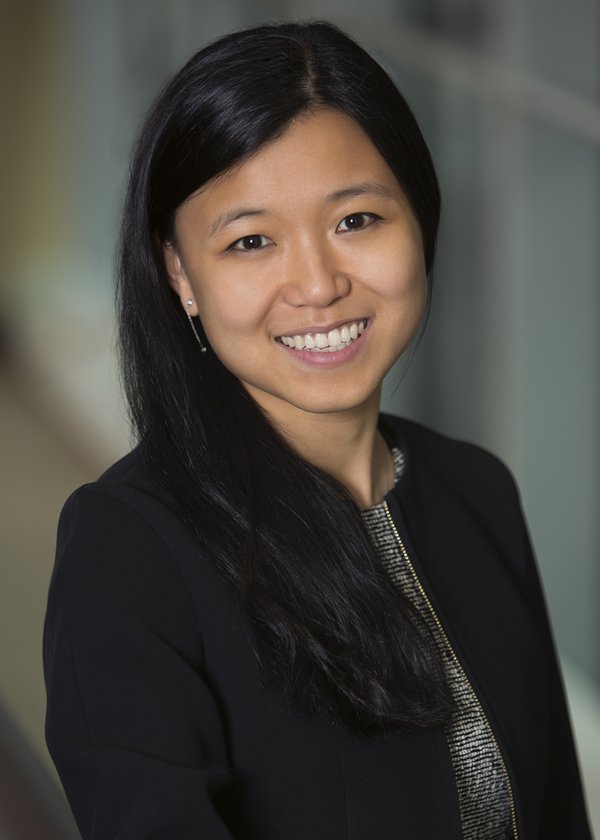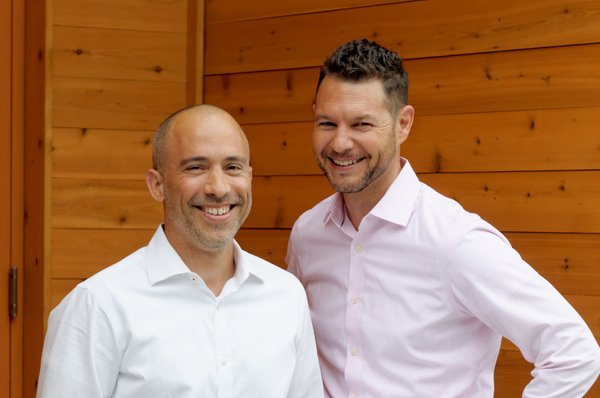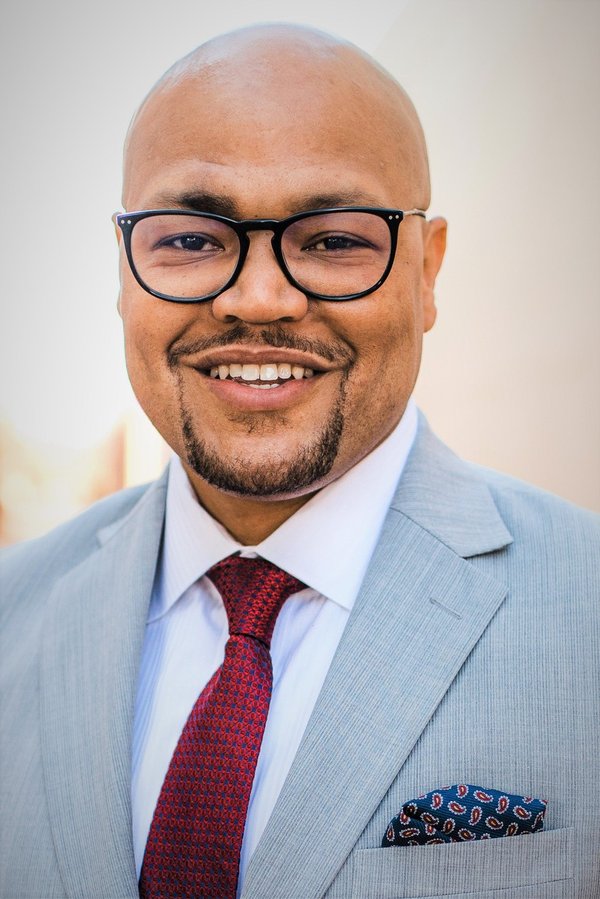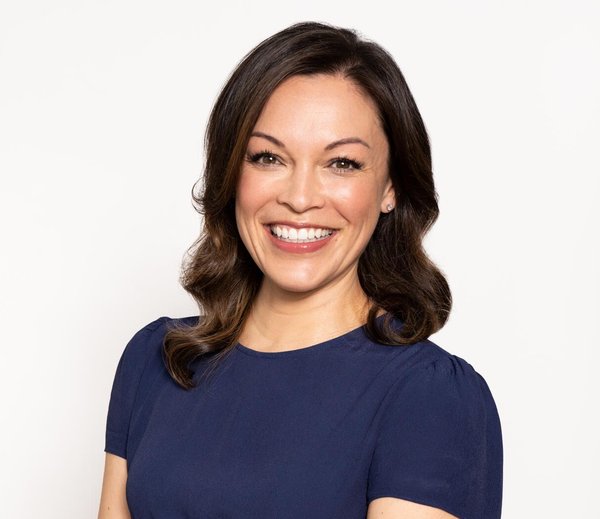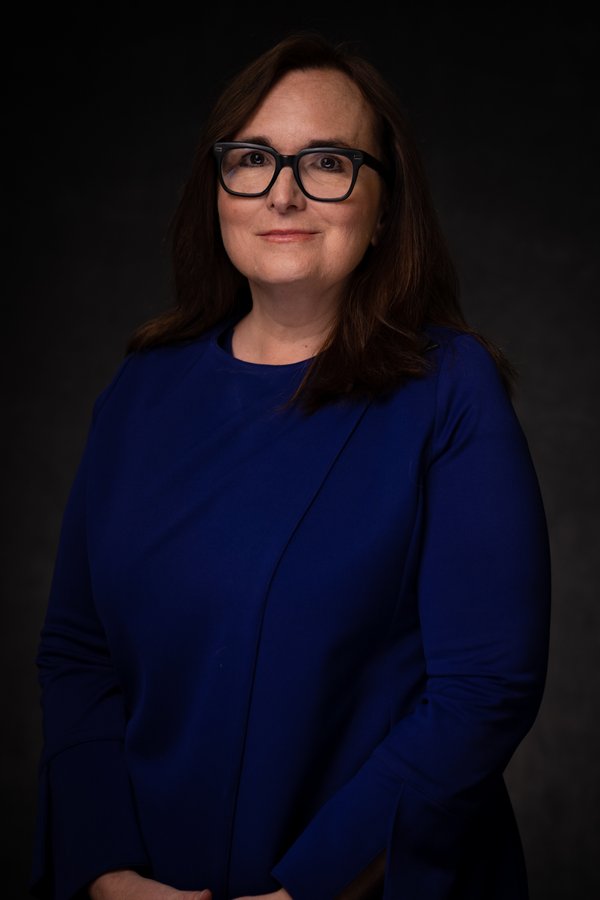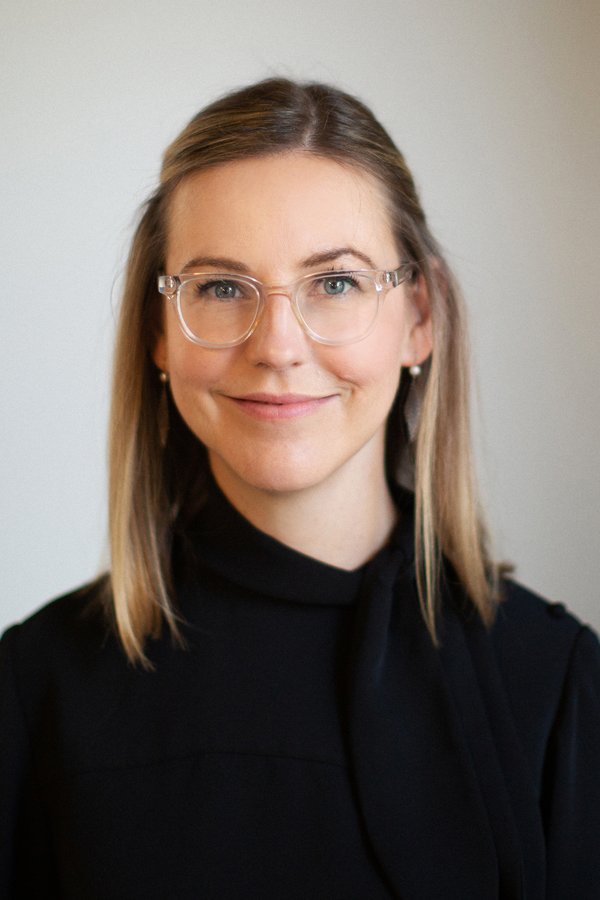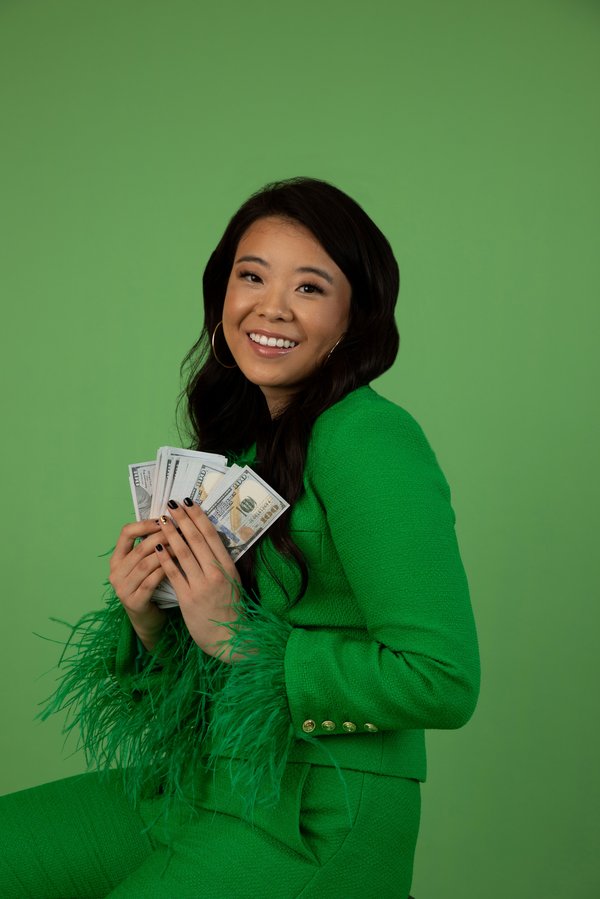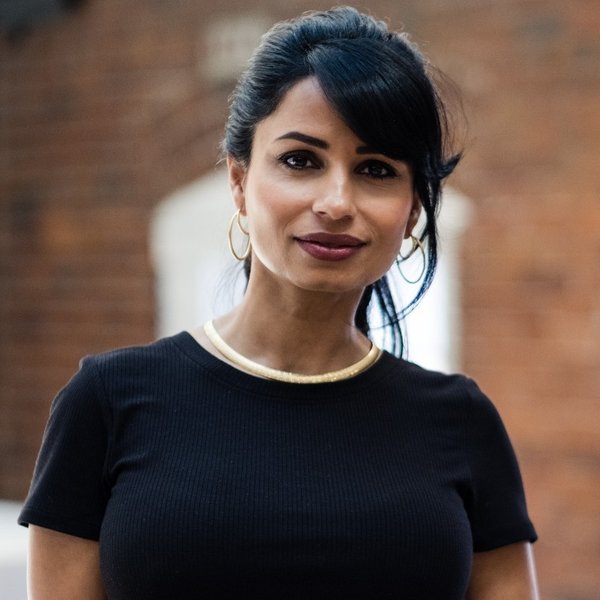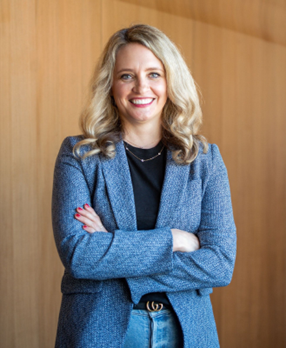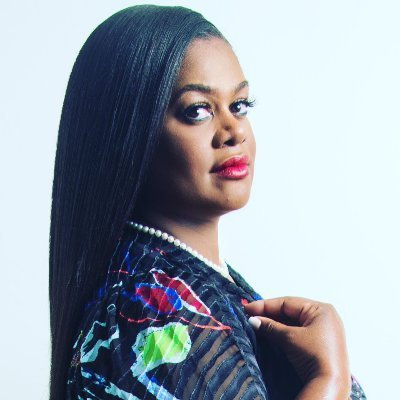
Kathryn Finney is the founder and CEO of Genius Guild and a general partner at the Greenhouse Fund.
Genius Guild is a $20 million fund that uses the venture studio model to invest in Black entrepreneurs building scalable businesses that serve Black communities and beyond.
Finney is the former CEO and founder of digitalundivided, a groundbreaking social enterprise focused on creating a world where women own their work. She started digitalundivided after selling her company, The Budget Fashionista, a lifestyle media company, and she was one of the first Black women to have a successful start-up exit.
A Yale-trained epidemiologist, Finney has received numerous honors and awards, including the PayPal Maggie Lena Walker Achievement Award, Aspen Institute’s Finance Leaders Fellowship, Leadership Unbound General Partner Rising Star Award, Echoing Green Fellowship, Eisenhower Fellowship, Entrepreneur Magazine’s “Women to Watch,” Marie Claire’s Women to Watch, Ebony Power 100, Black Enterprise “40 under 40” list, and more. She is an Obama White House Champion of Change, and she was appointed by the Obama administration as a member of the National Advisory Council on Innovation and Entrepreneurship.
Finney’s new book, Build the Damn Thing: How to Start a Successful Business if You're Not a Rich White Guy, is slated to launch this summer under the Penguin Random House Portfolio imprint. Her book is Penguin Random House Portfolio’s first business book published by a Black woman. Finney’s latest project is “Build The Damn Thing,” a podcast where she shares a narrative of her journey and storied career as an entrepreneur, inclusion champion, and investor to encourage Black founders and women entrepreneurs to pursue their dreams.
Kathryn's Investing Style
How many years of investing experience do you have? 10-20 years
What is your investing risk tolerance? High
What is your portfolio size? 10 to 20 stocks
What are your favorite investing sectors? Healthcare, financials, consumer discretionary, information technology, communication services
When did you get started in investing and why?
When the COVID pandemic started, I saw firsthand the challenges that Black female founders were facing. That’s why I decided to create the Doonie Fund, named after my grandmother, Kathryn “Doonie” Hale, and raised over $150,000 to provide micro investments to over 1,500 Black women founders. I also founded Genius Guild, in tandem with the Greenhouse Fund, a business creation platform that uses the venture studio model (lab and venture fund) to invest in Black entrepreneurs building scalable businesses that serve Black communities and beyond.
Venture capital is a white boys’ club, one that is not accessible for Black women. I know firsthand how the status quo fails to identify incredible opportunities – opportunities that would benefit everyone. I see the power of venture capital and investing and want to make these fields work for Black communities – communities that have been long overlooked and exploited by these industries. I see the potential of untapped markets and communities – ones white male investors are blind to. I have turned the obstacles I faced into opportunities, not just for myself but for Black women founders and their communities across the nation. I have invested in over 15 companies, investing hundreds of thousands of dollars in the next generation of Black and women founders. I know that when venture capital is inclusive, everyone benefits.
Can you tell us a little bit about your relationship with money at an early age?
I have always had an entrepreneurial spirit. In fourth grade, I built a friendship bracelet business. I cornered the Minneapolis elementary school friendship bracelet market. At one point, I was bringing in $50 a week, which gave me the ability to make loans to my older brother (at competitive interest rates, of course). This entrepreneurial spirit stems from my family. My grandmother, Doonie, was a fashion entrepreneur in Milwaukee. My father was a brewery worker who learned C++ and became a programmer. My family built Black wealth and earned money at a time when Black families were expected to fail. I grew up understanding not only the impact earning money could have but how difficult it was for Black communities to have money and wealth. I carry that knowledge of how capitalism has been twisted to exploit Black families like mine, and it informs my work at Genius Guild.
What has your journey been like as an investor, and what are some of the challenges you’ve had to overcome?
As a Black woman founder and one of the few Black women managing partners of an investment firm, my journey has not been easy. I have been underestimated, overlooked, and excluded from spaces. As an entrepreneur at a time when there were few women-led start-ups, I was told to my face that “I just don’t do Black women” after I pitched an idea to a prominent investor. When I attended a tech conference in 2012, there were so few women that men had to wait in line for the restroom, while us few women easily breezed in without waiting. I have pursued ventures and investments that white male investors could not understand and doubted. But, like my fellow Black women founders, I know how to convince those who doubt me. People doubted my credentials. I’m a Yale-trained epidemiologist who knows how Black women have been overlooked by health care systems. This year, I invested in Health in Her HUE, a digital platform that connects Black women with culturally sensitive providers, content, and community. I don’t see obstacles. I see opportunities. When others doubt me, I make them believe, and I empower other Black women to do the same. As I always say, the universe is conspiring for your greatness.
What’s one story from your life that totally defines who you are today, and how has that impacted your investing career?
In the early 2000s, I entered a start-up incubator shortly after building The Budget Fashionista. As part of the program, I volunteered to pitch my company, a beauty subscription company targeting Black women. I outlined the size of the market, explained my stack, and discussed how I would market my products. I introduced these white men into a huge potential market of ethnic hair care – one valued at over $1 trillion – and I was met with silence. One finally spoke up and said, “That was one of the best elevator pitches I’ve ever heard.” The other guest mentors chimed in with their praises and a few questions about the idea and next steps. The leader of our cohort indicated that I received the best feedback out of anyone in the group. Then the discussion turned. One now-famous “tech god” told me while my business model was excellent, he “doesn’t do Black women.” Another told me that he didn’t think I could “relate to other Black women” because I had an accountant. One person asked me if I actually knew any fashion bloggers, and another questioned whether women online were a “real” customer base. The white men in the room continued coming up with reason after reason why I couldn’t succeed, why I wasn’t qualified, why what I presented was flawed. They couldn’t see why my idea was great. Despite giving me great feedback, they immediately found reasons why they couldn’t invest in me. This is what Black women face every day in venture capital, in tech, and in society. I’m determined to change that. I’m changing the face of venture capital, uplifting Black founders, uplifting women founders, and uplifting Black communities simultaneously.
With so many younger investors dipping their toes in investing, what’s the best advice you have for someone who may be looking to start investing or who may be newer to the industry?
We’re living through unprecedented times right now. Nobody knows how to navigate this world, but, because of this, there is this space for us to take risks and try new things. This is not an obstacle, but an opportunity – for you to build a business, invest, to stray from a beaten path and pioneer your own thing.
My biggest piece of advice: Seize the moment. Try it. Don’t be afraid of failure.Kathryn Finney
You juggle so many tasks and wear so many hats. How do you manage the balance between your work life and your personal life and still manage to meet your investment goals?
I focus on what is really important (versus what is just busy work). At Genius Guild, we’ve spent a great deal of time honing our core values, and this has been an invaluable tool for helping us as a company, and myself as a leader, focus my time. As an investor, generating alpha is extremely important to me, but also making sure our companies produce value to the community and to themselves is equally as important. In order to do that, making sure to carve out consistent time to replenish myself mentally and physically – whether it be a hobby or connecting with an old friend – becomes a business imperative. I swim most days a week, I’ve actually blocked in my calendar, and I’m learning how to ice skate with my son.
If you could go back in time and change one thing about your investing strategy, what would you change and why?
Nothing. Everything, including the challenges, has made me a smarter, more detailed, and more empathetic investor.
What are three things that really excite you about the future of investing?
1. Investing in all things Black. I'm investing in opportunities overlooked by the limited vision of others and on track to deliver alpha for our investors. The chronic underfunding of high-growth companies led by Black founders is not only concerning but expensive. According to a Citigroup study, the U.S. economy has lost $16 trillion over the past 20 years because of discrimination. This money wasn’t lost by only Black Americans but by all Americans. I recently penned a piece in Fast Company about how Black investors are turning the lack of diversity in venture capital into opportunities to empower Black entrepreneurs and communities. I’m proud to spearhead the charge to expand the horizons of the venture capital world.
2. DAFs. I just wrote a piece for LinkedIn’s #BigIdeas2022 about Donor Advised Funds (DAFs). DAFs, in short, allow a high-net-worth individual or entity to contribute funds or non-cash assets to be liquidated for a charitable vehicle and to take the itemized tax deduction up front as opposed to when a donation is actually distributed. The DAF is hosted by a charitable financial intermediary, otherwise known as a sponsor, that manages the donated funds, selects investments, and often charges a hefty management fee. The donor can recommend investments to the sponsor, but since DAFs are more tax-saving instruments than truly charitable vehicles, the sponsor often has a great deal of latitude in when the funds are dispersed. I envision a DAF that invests in women emerging managers who are building market-based venture funds. The purpose of the fund would be to fully capitalize (aka, close) the funds of these emerging managers so they can focus on investing in diverse high-growth companies, as well as to position these managers to generate the data and experience needed to raise a larger second fund from institutional limited partners (LPs). Carry received by the fund would be reinvested in another set of women emerging managers, creating a self-sustaining evergreen fund that significantly increases the flow of capital to diverse businesses.
3. Community as a Service. Though Black and Latinx households make up just 35% of the U.S. population, they represent 64% of the country’s unbanked and 47% of its underbanked. Community as a Service (CaaS) is often thought of in the context of your local workspace, where the service provided is creating a space where you can connect with other people. While this is the case in specific circumstances, the reality is that the practice of a community pooling together money or resources for small businesses to support one another in the absence of institutional help has been a custom among Black communities for centuries. I have made it my mission to empower the overlooked and underserved and invite others to do the same. Black founders and investors are in a privileged position to create CaaS for those around them and markets in need of solutions.
What are three things that scare you about the future of investing?
1. Overvaluations of some start-ups.
2. That investing in untapped communities was a moment, not a movement.
3. Black and brown communities being overlooked in the clean tech/environmental movement.
Who are some leaders in the investing industry you admire and why?
First and foremost, Melinda French Gates. Melinda French Gates' Pivotal Ventures is an investor in Genius Guild. She's used her wealth to inject capital into Black founders who are on a path to alpha. She’s a visionary who sees value and potential where others often can’t or just plain will not. Second, Mellody Hobson. As the founder of a $12 billion investment fund, she’s one of the most brilliant women in finance who has opened the door for so many other young men and women of color to follow in her footsteps.
What are some of your favorite educational resources (books, podcasts, websites, etc.) that you’d recommend for investors of all ages?
Aside from The Motley Fool, of course, I would recommend everyone listen to my podcast, “Build the Damn Thing.” Season 1 is out wherever you get your podcasts. It’s a podcast where I give seasoned advice for female founders and entrepreneurs of color who are ready to build their damn thing and claim ownership in the entrepreneurial space. I’m joined by industry experts, business leaders, and my friends and family to help share my story on how I became the investor and founder I am today and how you can, too! I’m also excited to share that I have a book coming out in summer 2022! You can pre-order my book, Build the Damn Thing: How to Start a Successful Business if You're Not a Rich White Guy. For all the builders striving to build their businesses in a world that has overlooked and underestimated them, this is the essential guide to knowing, breaking, remaking, and building your own rules of entrepreneurship.
How do you feel about crypto as an investment?
One of Genius Guild's core investment areas is in restructuring how capital flows (or doesn’t flow) in Black communities. Crypto offers us the ability to rethink how capital flows in marginalized communities by decentralizing who controls the flow of money. This is exciting because Black communities have been locked out of wealth creation, accessing capital, and investing for centuries. They now have the ability to access markets.
You might also like:
What’s one quote or saying that inspires or challenges you?
“When you were a child, you went out to play with your childhood friends for the last time, and none of you knew it.” I'm not sure who said this quote, but I read it in a journal, and it just really stuck with me. It reminds us that we often don’t know when a moment will be the last, so stay present.









